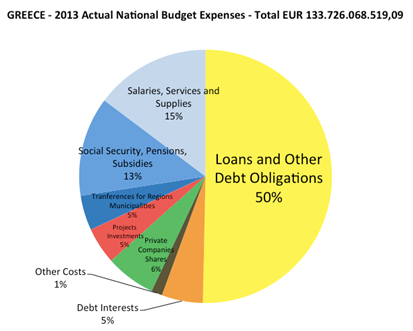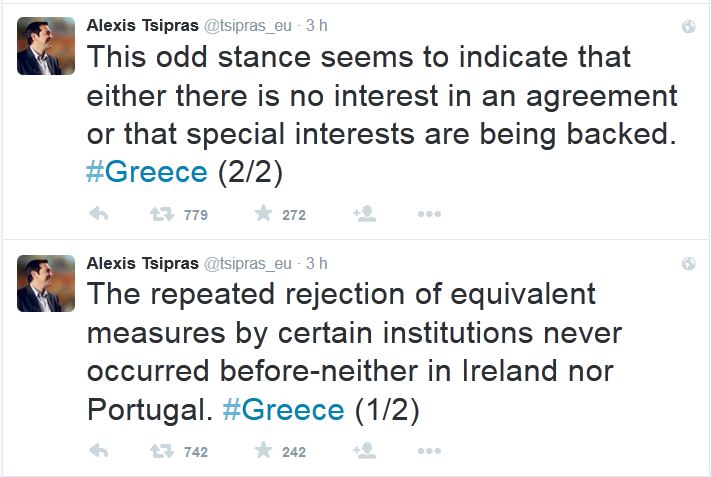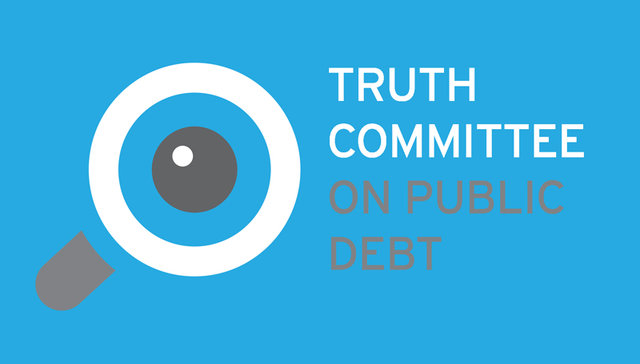APPEAL TO SUPPORT THE RESISTING GREEK PEOPLE and its TRUTH COMMISSION ON PUBLIC DEBT FOR THE PEOPLES’ RIGHT TO AUDIT PUBLIC DEBT
Click here GreekDebtTruthCommission.org to sign this Appeal
Indicative list of 800 personalities supporting Greece
To the people of Europe and the whole world!
To all the men and women who reject the politics of austerity and are not willing to pay a public debt which is strangling us and which was agreed to behind our backs and against our interests.
We signatories to this appeal stand by the Greek people who, through their vote at the election of 25th January 2015, became the first population in Europe and in the Northern hemisphere to have rejected the politics of austerity imposed to pay an alleged public debt which was negotiated by those on top without the people and against the people. At the same time we consider that the setting up of the Greek Public Debt Truth Commission at the initiative of the president of the Greek Parliament constitutes a historic event, of crucial importance not only for the Greek people but also for the people of Europe and the whole world!
Indeed, the Truth Commission of the Greek Parliament, composed of volunteer citizens from across the globe, is destined to be emulated in other countries. First, because the debt problem is a scourge that plagues most of Europe and the world, and secondly because there are millions and millions of citizens who are rightly posing basic and fundamental questions about this debt:
What happened to the money that made up this loan? What were the conditions attached to it? How much interest has been paid, at what rate? How much capital has been repaid? How was the debt allowed to accumulate without benefiting the people? Where did the capital go? What was it used for? How much was diverted, by whom, and how was this done?
And also: Who took out this loan and in whose name? Who granted the loan and what was their role? How did the state become involved? By what decision, taken with what authorisation? How did private debts become ‘public’? Who set up such inappropriate schemes, who pushed in this direction, who profited from them? Were offences or crimes committed with this money? Why has penal civil, criminal and administrative responsibility not been established?






